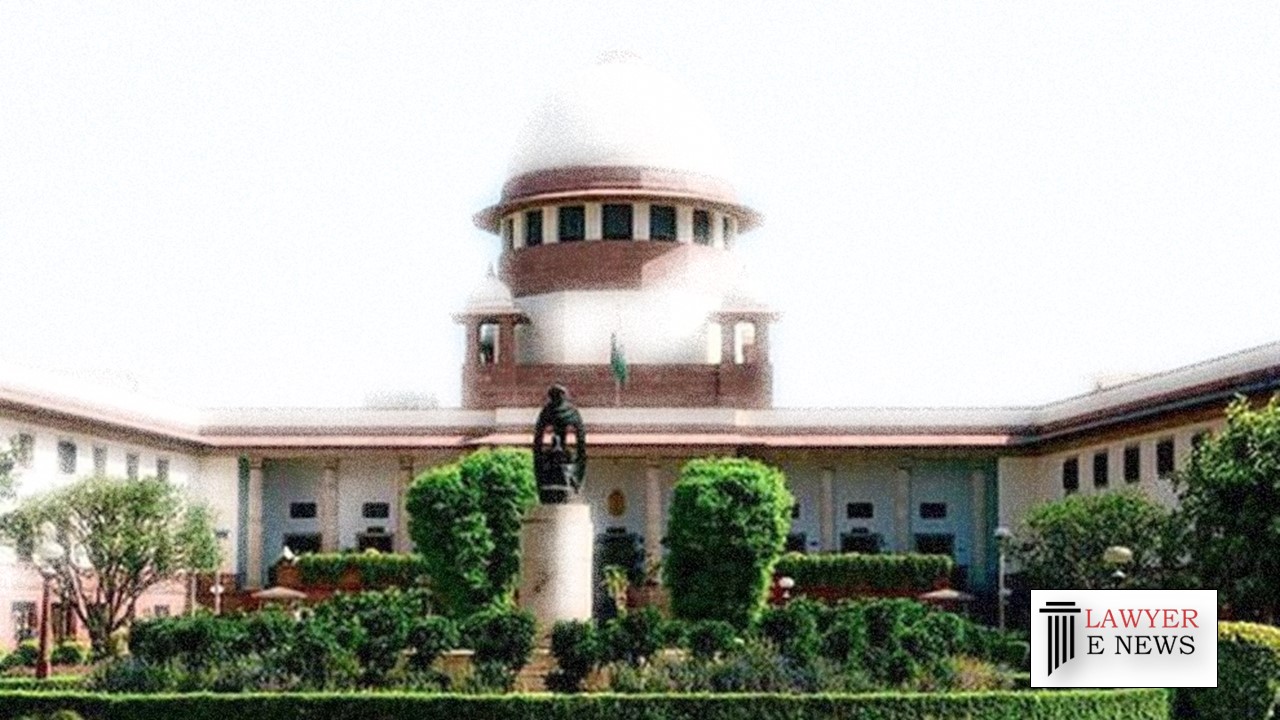-
by sayum
16 February 2026 6:35 AM



In a landmark decision, the Supreme Court of India, led by Justice SANJAY KUMAR, ruled against the petitioner Bhisham Lal Verma in the case against the State of Uttar Pradesh. The Court clarified the limitations on filing successive petitions under Section 482 of the Code of Criminal Procedure (Cr.P.C.).
The Court unequivocally stated, “Permitting the filing of successive petitions under Section 482 Cr.P.C. ignoring this principle would enable an ingenious accused to effectively stall the proceedings against him to suit his own interest and convenience.”
The petitioner, Bhisham Lal Verma, who was implicated in a corruption case related to the construction of toilets under the Integrated Low Cost Sanitation Scheme, had filed a second petition under Section 482 Cr.P.C. The first petition had challenged only the Government’s sanction order, while the second petition aimed to quash the charge sheet and the cognizance order.
Justice SANJAY KUMAR observed, “It is not open to a person aggrieved to raise one plea after the other, by invoking the jurisdiction of the High Court under Section 482 Cr.P.C., though all such pleas were very much available even at the first instance.”
Relying on previous rulings and aided by Mr. S. Nagamuthu as the learned amicus curiae, the Court concluded that the impugned order passed by the Allahabad High Court was “incontrovertible on all counts and does not warrant interference.”
The Special Leave Petition was dismissed, setting a precedent for future cases involving multiple petitions under Section 482 Cr.P.C. The Court emphasized the need to prevent abuse of the judicial process.
Before concluding, the Court also appreciated the scholarly assistance provided by Mr. S. Nagamuthu, learned amicus curiae, in this case.
This decision highlights the Court’s commitment to ensuring that legal processes are not manipulated to delay justice.
Date of Decision: October 30, 2023
Bhisham Lal Verma VS State of Uttar Pradesh and another
